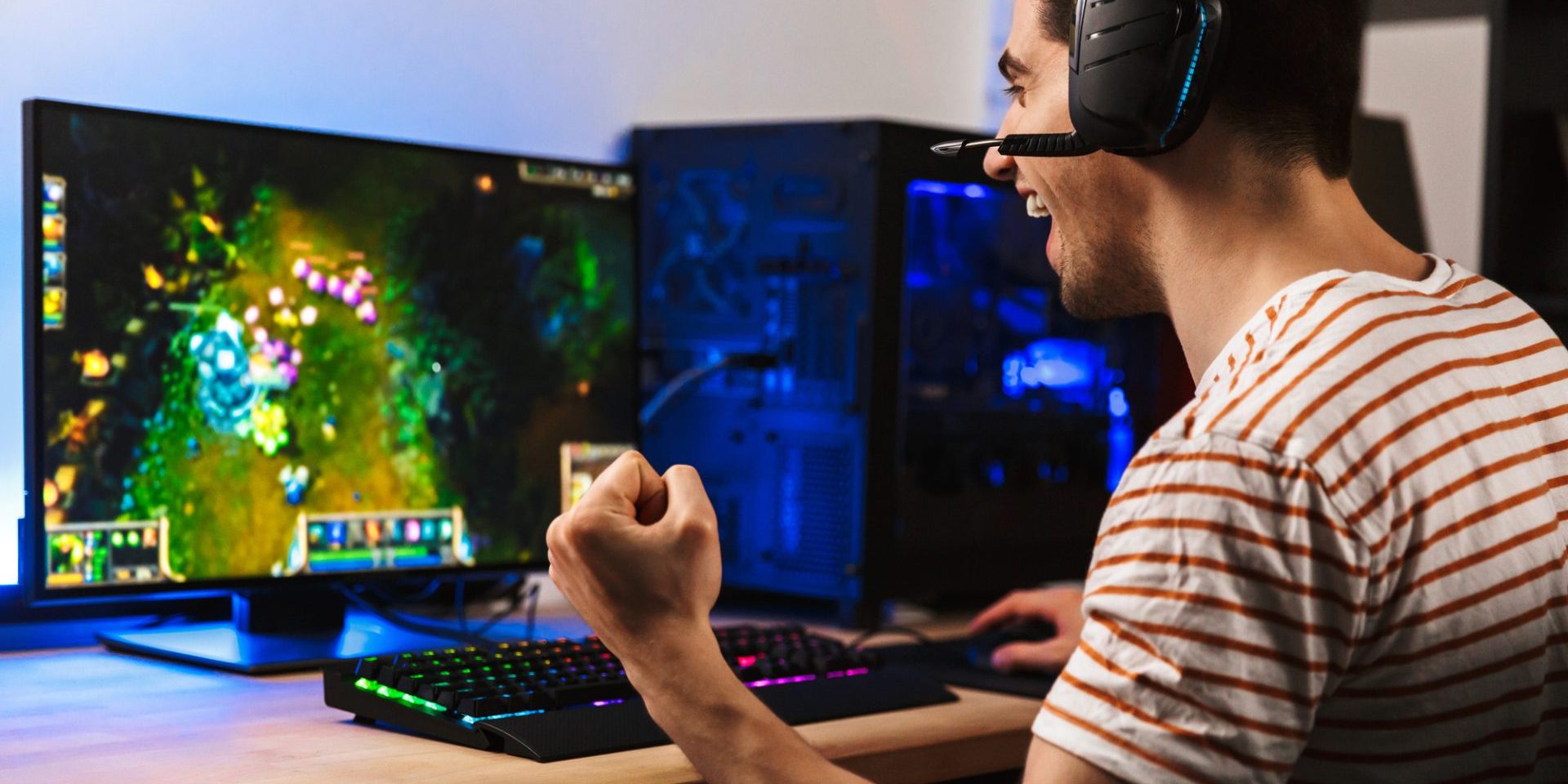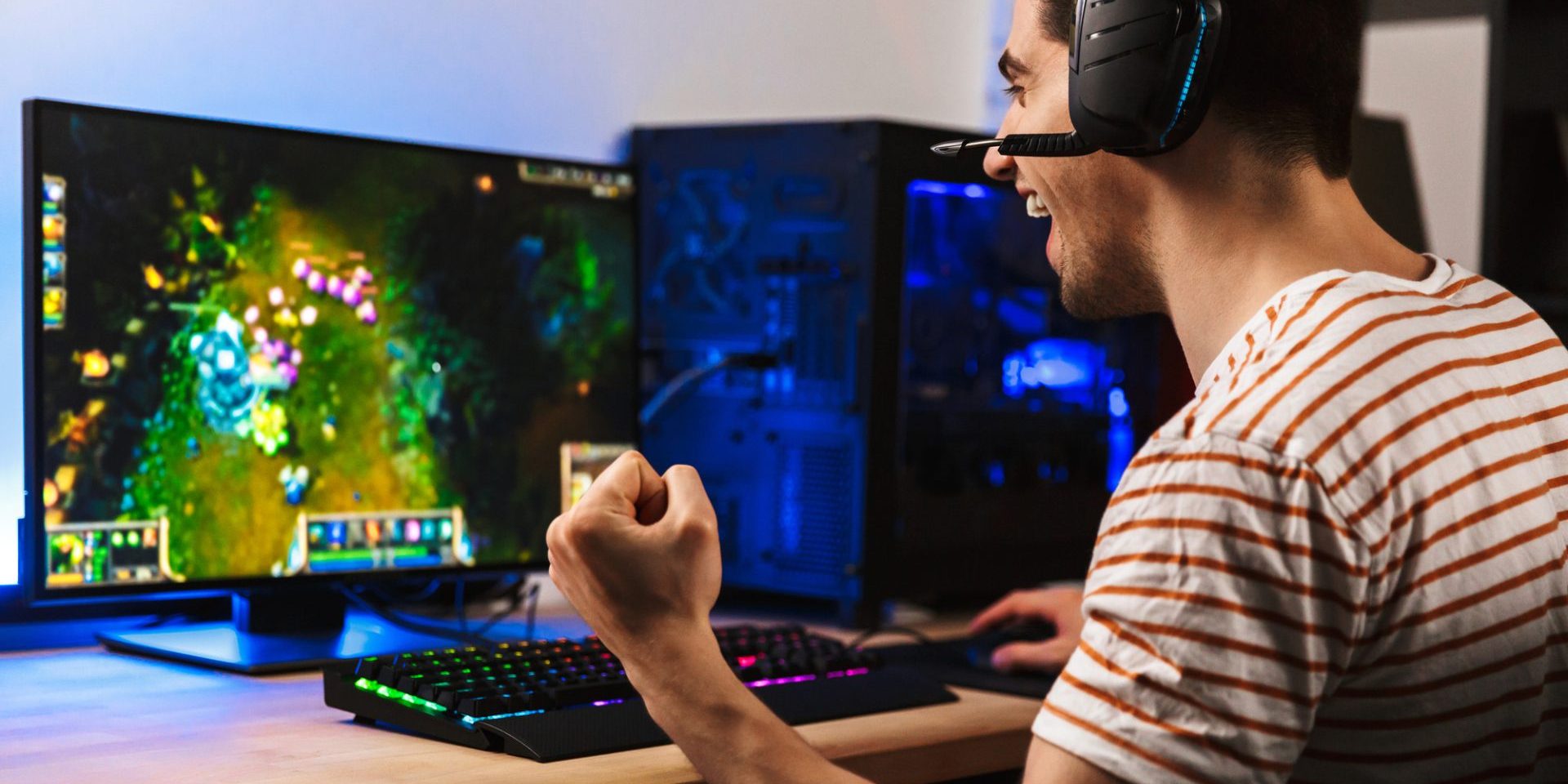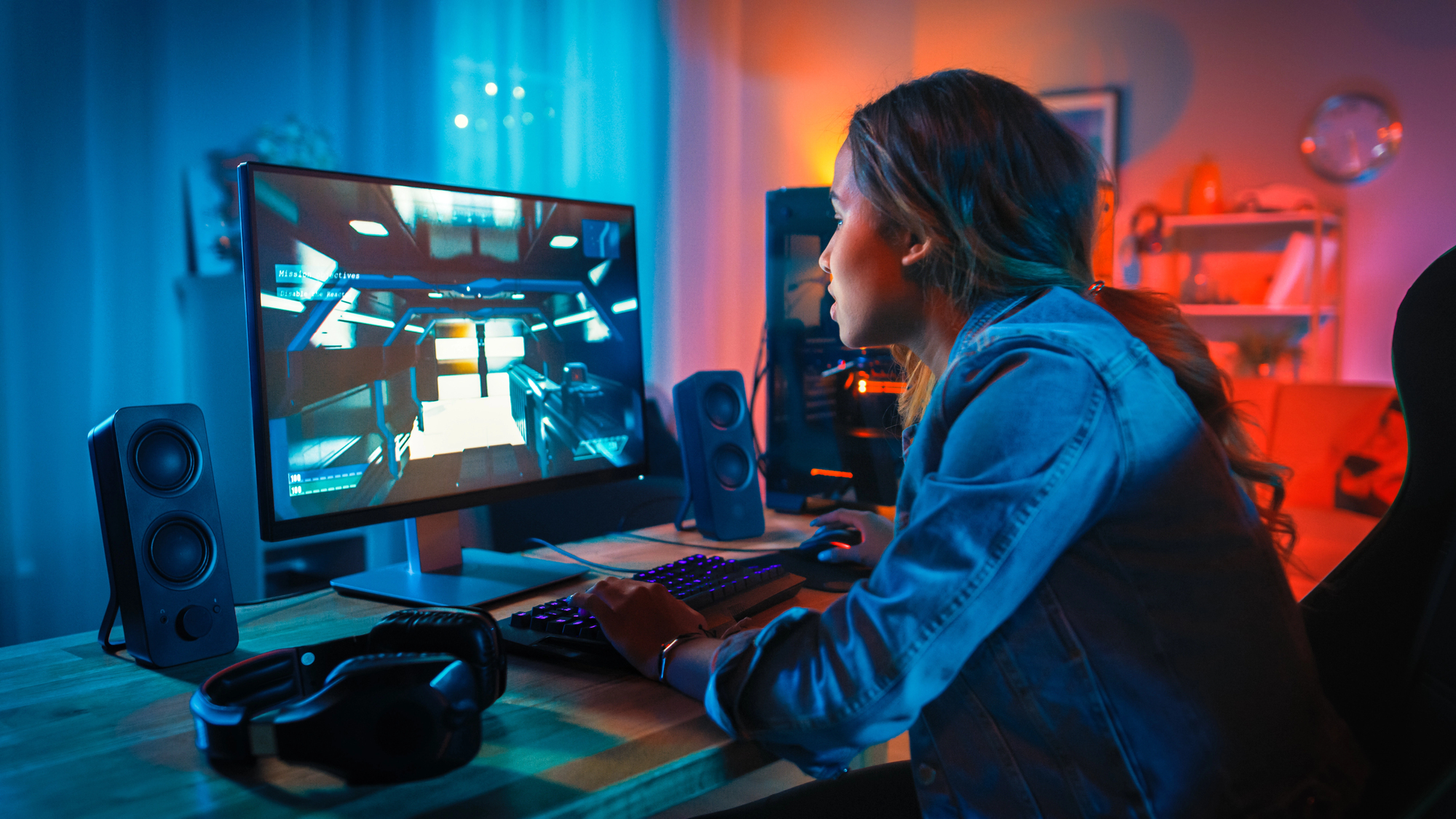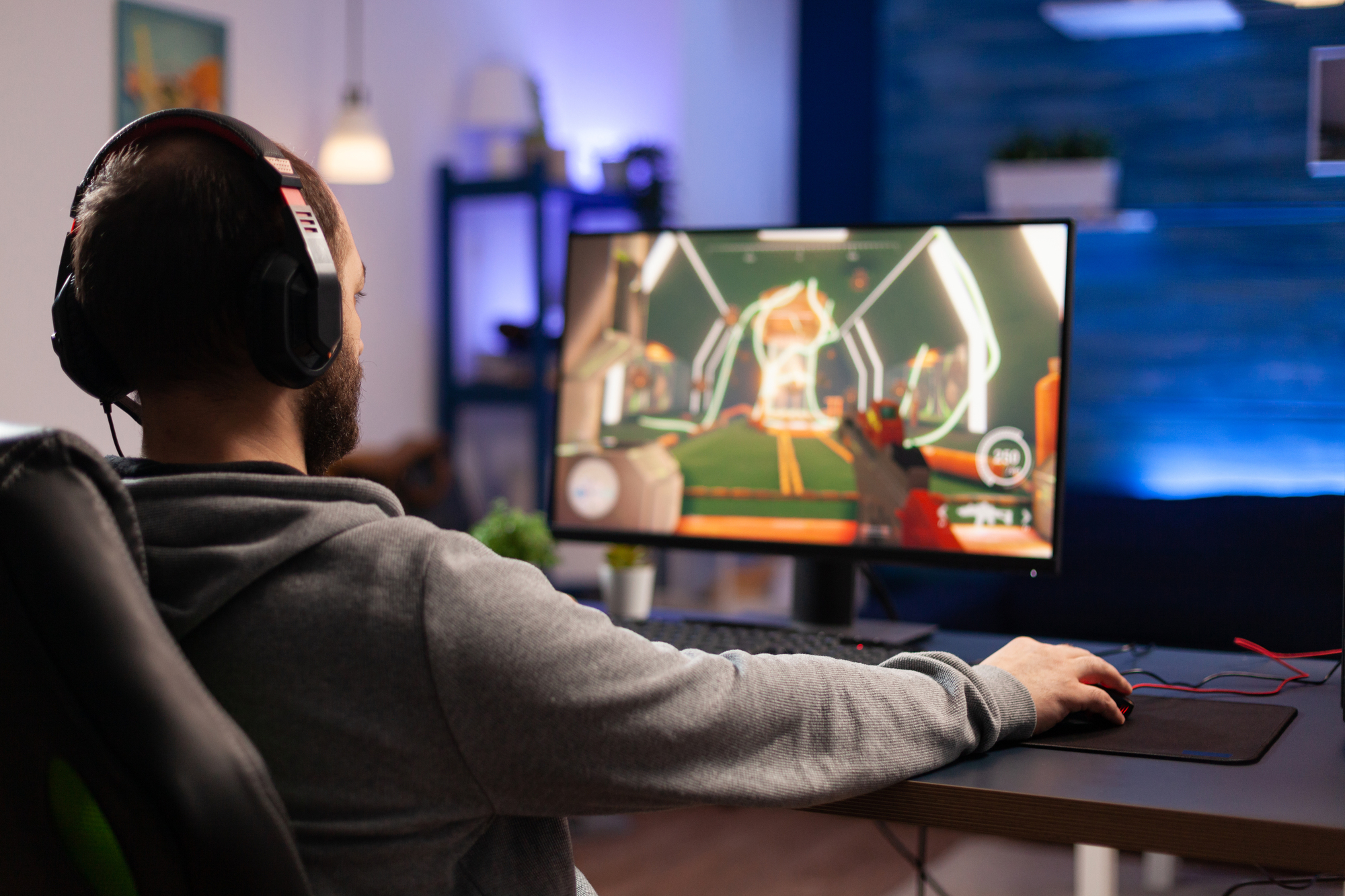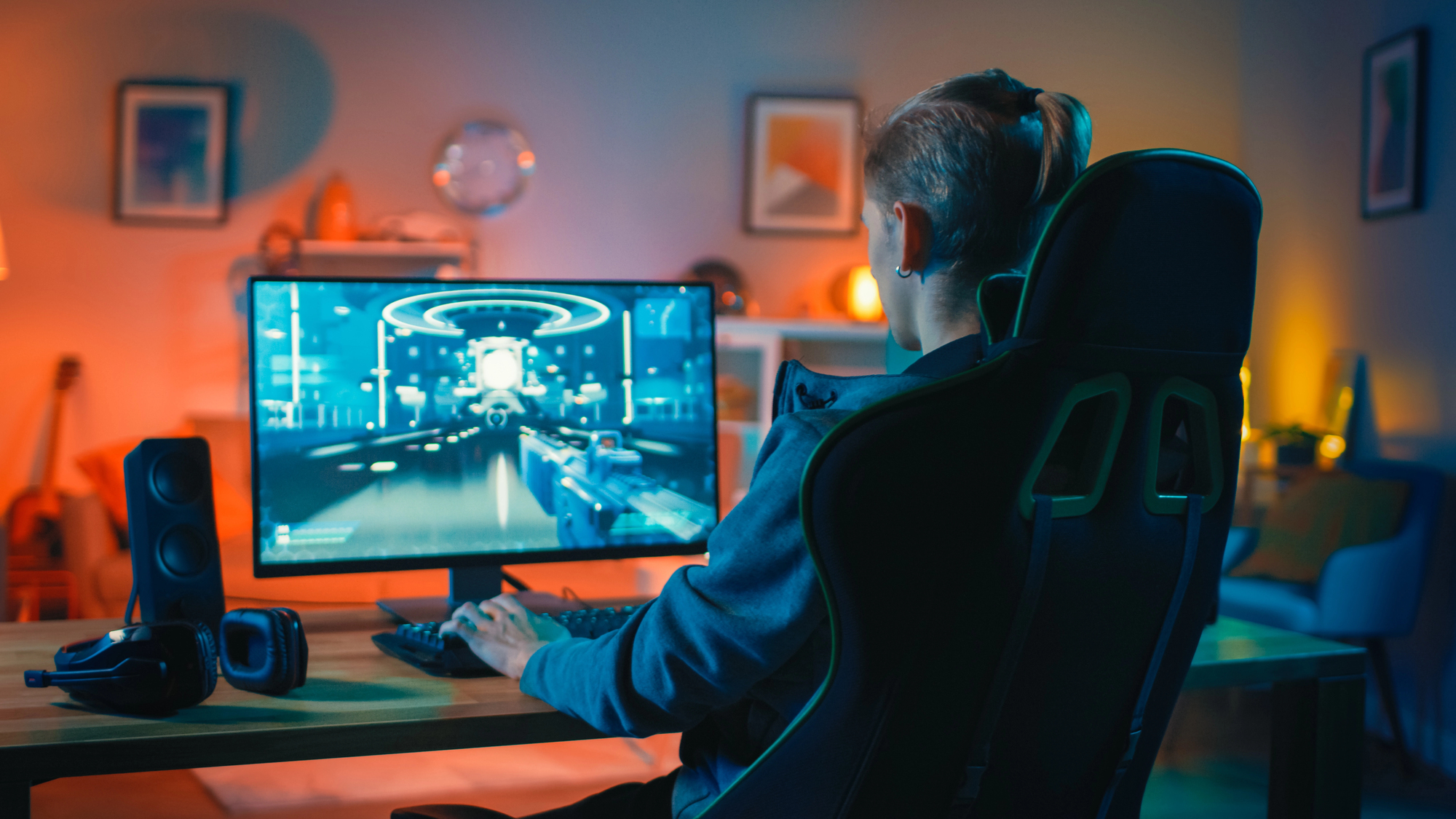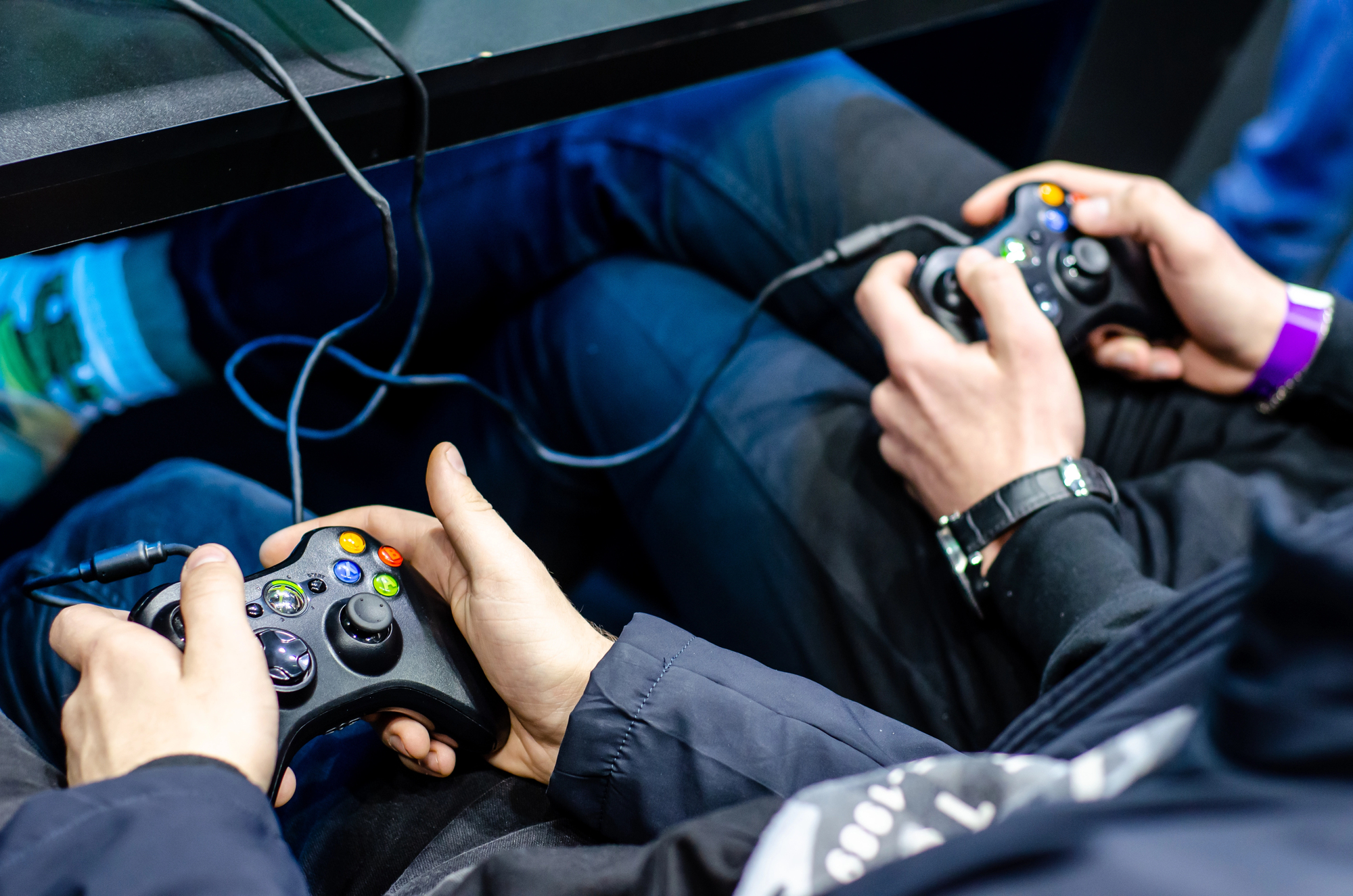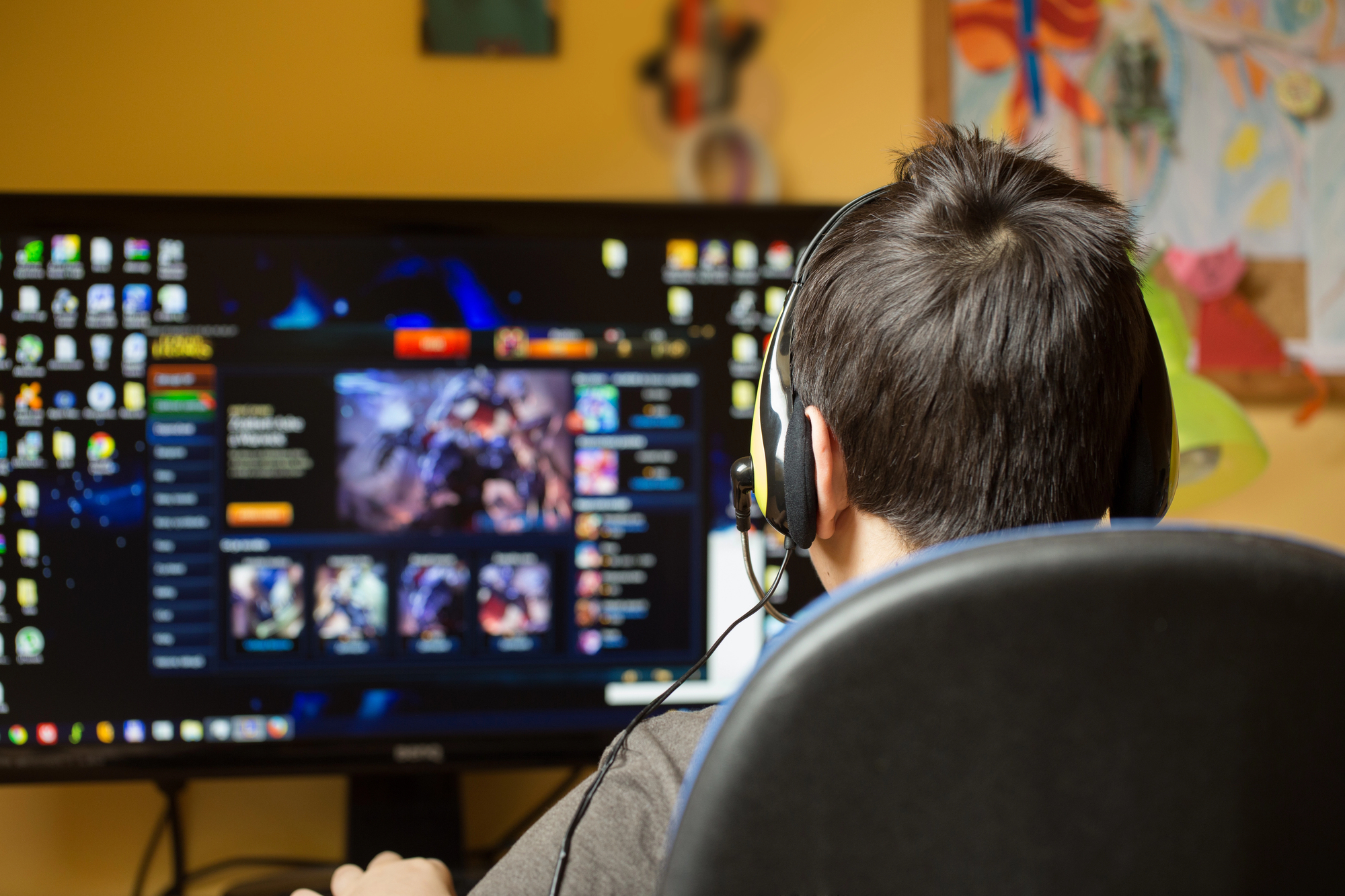Video games offer more than just entertainment. They provide opportunities for personal growth and skill development. Players can gain valuable life lessons through gaming experiences.
Gaming enhances problem-solving abilities and critical thinking skills. Many games present complex challenges that require creative solutions and strategic planning. These mental exercises translate to real-world situations, helping gamers approach problems with confidence and adaptability.
Video games also foster teamwork and communication. Multiplayer games often demand collaboration, teaching players to work effectively with others towards common goals. This cooperative mindset can benefit relationships and professional interactions beyond the gaming world.
The Psychological Benefits of Gaming
Video games offer various psychological benefits, including improved mental resilience, enhanced cognitive abilities, and better self-regulation skills. These advantages can contribute to personal growth and development in multiple areas of life.
Building Resilience and Perseverance
Gaming often involves overcoming challenges and obstacles, which can foster mental toughness. Players learn to cope with setbacks and continue trying despite failures. This experience can translate to real-life situations, helping individuals develop a growth mindset.
Games provide a safe space to practice bouncing back from mistakes. The iterative process of learning from errors and improving performance builds resilience. This skill becomes valuable when facing difficulties in academic, professional, or personal contexts.
Regular gaming can also increase frustration tolerance. As players encounter increasingly difficult levels or opponents, they learn to manage negative emotions and stay focused on their goals.
Enhancing Problem-Solving and Strategic Thinking
Many games require players to analyze complex situations and make quick decisions. This constant practice sharpens problem-solving skills and improves cognitive flexibility.
Strategy games, in particular, encourage long-term planning and resource management. Players must consider multiple variables and potential outcomes, enhancing their ability to think critically and strategically.
Puzzle games can boost spatial reasoning and logic skills. These games often require creative thinking to find solutions, promoting out-of-the-box approaches to problem-solving.
Action games can improve information processing speed and decision-making under pressure. These skills can be beneficial in fast-paced work environments or emergency situations.
Improving Time Management and Self-Discipline
Gaming can teach valuable lessons in time management. Many games require players to balance multiple tasks or objectives within time constraints, promoting efficient resource allocation.
Players often set personal goals within games, such as achieving certain levels or collecting specific items. This goal-setting behavior can transfer to real-life scenarios, helping individuals prioritize tasks and manage their time more effectively.
Gaming can also foster self-discipline through consistent practice and dedication to improvement. Players learn to allocate time for gaming while maintaining other responsibilities, developing better self-control and time management skills.
Some games incorporate reward systems that reinforce good habits and time management. These mechanics can help players develop a sense of accomplishment and motivation to tackle real-world tasks efficiently.
The Social Dynamics of Gaming
Gaming has transformed into a social hub, connecting players across the globe. It fosters new friendships, strengthens existing bonds, and creates vibrant online communities.
Fostering Communication and Teamwork
Multiplayer games promote effective communication and teamwork. Players must coordinate strategies, share information, and work together to achieve common goals. This develops valuable social skills that extend beyond the game world.
Voice chat platforms like Discord enhance real-time communication during gameplay. Teams use these tools to plan tactics, delegate roles, and provide support to each other.
Games like Minecraft encourage collaborative building projects. Players pool their creativity and resources to construct intricate virtual worlds, learning to compromise and divide tasks efficiently.
Building Online Communities and Networking
Gaming platforms create spaces for like-minded individuals to connect. Twitch streams allow gamers to share their experiences with viewers, fostering a sense of community around specific titles or genres.
Online forums and social media groups dedicated to gaming topics facilitate discussions, sharing of tips, and organizing events. These communities often extend beyond gaming, becoming support networks for members.
Games like Animal Crossing demonstrate how virtual spaces can simulate real-world social interactions. Players visit each other’s islands, exchange gifts, and participate in shared activities, mirroring offline social conventions.
Collaboration and Shared Goals
Many games are designed around cooperative gameplay, where players must work together to overcome challenges. This collaborative environment teaches the value of combining individual strengths to achieve collective success.
Raid-style events in online games require large groups of players to coordinate complex strategies. These experiences build leadership skills and teach participants how to function effectively as part of a team.
Some games incorporate social features that encourage players to help each other. Trading systems, guild structures, and mentorship programs create interdependence and foster a culture of mutual support within the gaming community.
Personal Development Through Game Mechanics
Game mechanics offer valuable tools for personal growth, skill development, and self-improvement. These elements can be applied to real-life scenarios, fostering adaptability and enhancing decision-making abilities.
In-game Challenges and Real-life Application
Video games present players with complex problems and obstacles to overcome. These challenges often mirror real-world situations, allowing players to develop problem-solving skills that transfer to everyday life. For example, puzzle games can improve logical thinking, while strategy games enhance planning abilities.
Players learn to break down large tasks into smaller, manageable steps – a skill applicable to personal and professional goals. Games also teach persistence and resilience. Facing in-game failures encourages players to learn from mistakes and try new approaches, building a growth mindset that carries over to real-life challenges.
Adaptability and Decision Making
Games constantly present new scenarios, forcing players to adapt quickly. This develops mental flexibility, a key trait in today’s fast-changing world. Players learn to assess situations rapidly, consider multiple options, and make decisions under pressure.
Role-playing games often feature branching storylines based on player choices. These games simulate real-life decision-making, showing how choices impact outcomes. Strategy games require players to manage resources and prioritize actions, mirroring real-world resource management and decision-making processes.
These gaming experiences can improve critical thinking and help players become more confident in their decision-making abilities outside of games.
Balancing Gaming with Personal Responsibilities
While games offer many benefits, balancing gaming with real-life responsibilities is crucial for personal development. Setting time limits for gaming sessions helps maintain a healthy balance. Some players use game-inspired techniques to manage their time, such as creating a points system for completing tasks or setting daily “quests” for personal goals.
Gamification apps apply game mechanics to personal development directly. These apps turn habit formation and goal achievement into game-like experiences, complete with progress tracking and rewards. This approach can boost motivation for tasks like exercise, learning new skills, or improving productivity.
Integrating Gaming into a Balanced Lifestyle
Gaming can be a valuable part of a healthy lifestyle when managed thoughtfully. Proper integration involves careful scheduling, leveraging gaming for professional growth, and maintaining overall well-being.
Scheduling for Productivity and Leisure
Creating a structured schedule helps balance gaming with other responsibilities. Set specific times for gaming sessions, work, and personal tasks. Use a digital calendar or planner to track commitments and gaming time.
Prioritize essential activities like work, study, and family obligations. Allocate gaming time during free periods or as a reward after completing important tasks.
Establish clear start and end times for gaming sessions to avoid excessive play. This approach helps maintain productivity while still enjoying gaming as a leisure activity.
Professional Growth and Work-Life Balance
Gaming can contribute to professional development when approached strategically. Many games involve problem-solving, teamwork, and leadership skills applicable to work environments.
Identify games that align with career goals or enhance relevant abilities. Strategy games can improve decision-making, while multiplayer titles may boost communication skills.
Set specific learning objectives for gaming sessions related to professional growth. Reflect on how in-game experiences translate to real-world scenarios and document insights for future reference.
Balance gaming with other professional development activities like reading, courses, or networking to create a well-rounded approach to career advancement.
Maintaining Well-being and Mental Health
Regular self-assessment helps gauge gaming’s impact on overall well-being. Pay attention to sleep patterns, physical activity levels, and social connections.
Take frequent breaks during gaming sessions to stretch, move around, and rest eyes. Implement the 20-20-20 rule: every 20 minutes, look at something 20 feet away for 20 seconds.
Engage in physical exercise and outdoor activities to counterbalance sedentary gaming time. This promotes better physical health and provides a mental reset.
Maintain social connections outside of gaming. Plan in-person activities with friends and family to foster real-world relationships alongside virtual ones.
If gaming starts to negatively affect mood or daily functioning, consider speaking with a mental health professional for guidance on healthy gaming habits.

